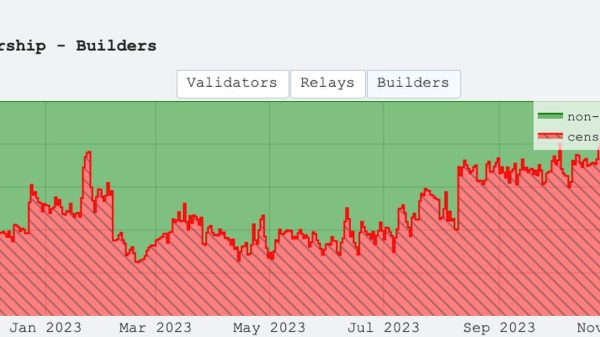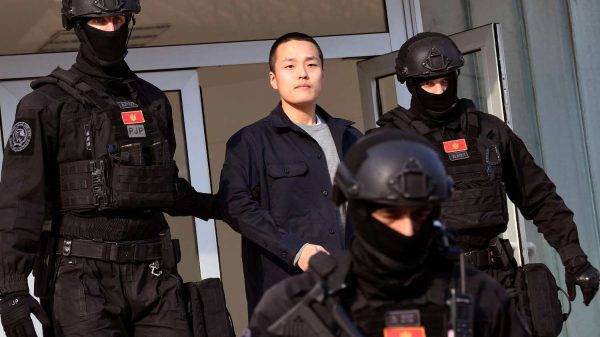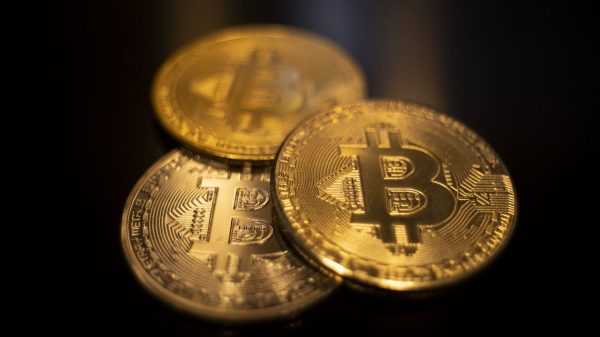Key Takeaways
- KuCoin and its founders indicted on criminal charges related to the Bank Secrecy Act violations
- Accusations of neglecting AML regulations and facilitating money laundering
- Similarities with past charges against crypto exchanges BitMEX and Binance
Indictment Details
Global cryptocurrency exchange KuCoin and two of its founders have been charged with operating without a license for transmitting money and failing to establish an anti-money laundering (AML) program in accordance with the Bank Secrecy Act (BSA). The U.S. Attorney’s Office for the Southern District of New York accuses KuCoin of inadequate customer identity verification and failure to report suspicious activities, violating the BSA regulations.
Allegations Against KuCoin
KuCoin is alleged to have concealed its engagement with U.S. traders, allowing it to amass a large customer base and daily trade volume without complying with legal obligations. The exchange is accused of facilitating the laundering of over $5 billion in suspicious funds through deposits and $4 billion through withdrawals.
Statements by U.S. Authorities
U.S. Attorney Damian Williams stated that KuCoin deliberately hid the presence of U.S. users on its platform to become one of the world’s largest cryptocurrency exchanges. The charges highlight KuCoin’s attempt to operate outside global financial regulations by misleading investors about its customer base and avoiding AML and KYC requirements.
Legal Actions and Settlement
KuCoin reached a $22 million settlement in December over charges of operating an unregistered exchange. The case referred to ether as a security, which is now a focus area for the Securities and Exchange Commission (SEC).


































